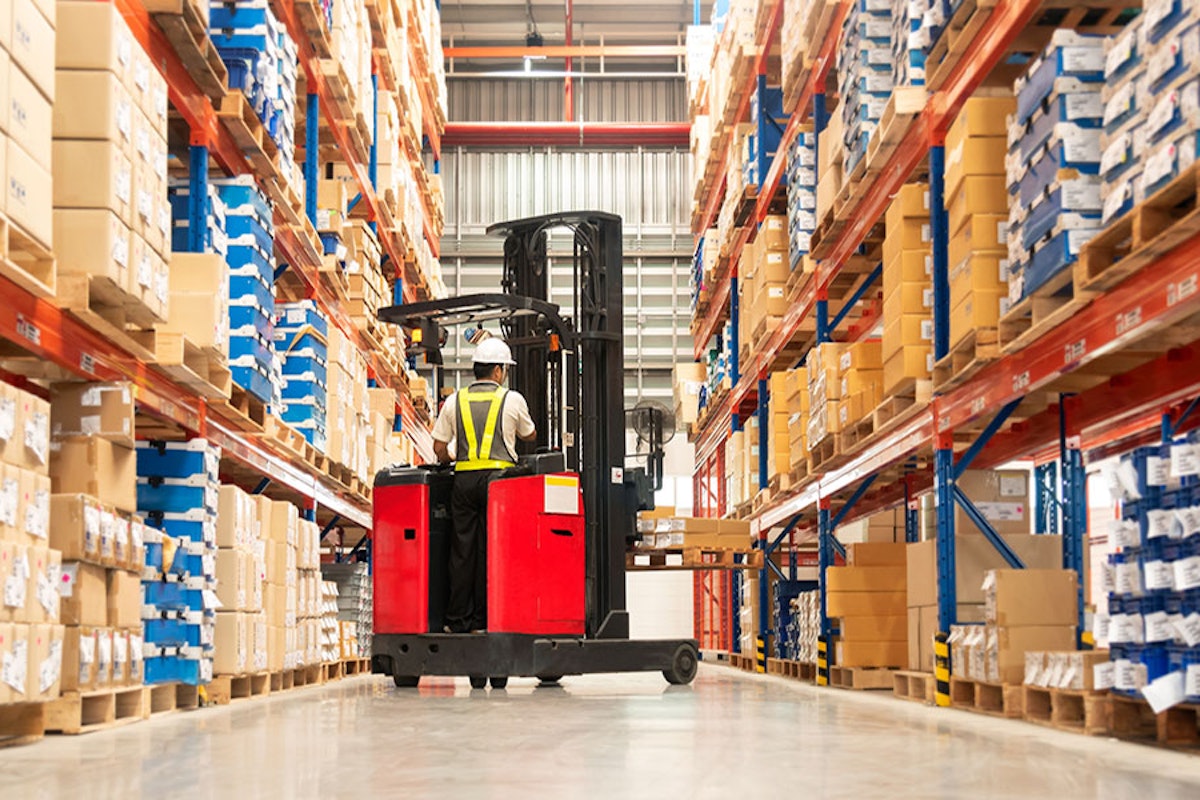
Product Liability Insurance
If your business is involved in any of the following then it would be wise to consider product liability insurance.
- Distributes products within the UK on behalf of another company
- Imports products from another country
- Manufactures goods within the UK

Product liability insurance protects your business in the event of claims due to injury or damage as a result of a faulty product.
The Alan Boswell Group Difference
It is important that your product liability insurance adequately covers the risks your business is exposed to. With many years experience of liability insurance, we are able to explain the benefits and give specific examples of why this cover is essential.
For more than 40 years we have worked with many different businesses and recognise that no two are the same. Our insurance advisers will analyse your business, identify the risks, and provide advice to protect against them.
As an independent insurance broker we have access to a wide range of products, so we can provide you with the best solution for your business. Add to this service our outstanding in-house claims team and risk management solutions and you have your ideal insurance partner.

Product liability insurance in detail
Compensation and legal costs
Financial loss
Product recalls
Contamination of products
FAQs
Get in touch
Whether you need a quote, have a general enquiry, want to register a claim, or talk it through over the phone, we're here to help.












